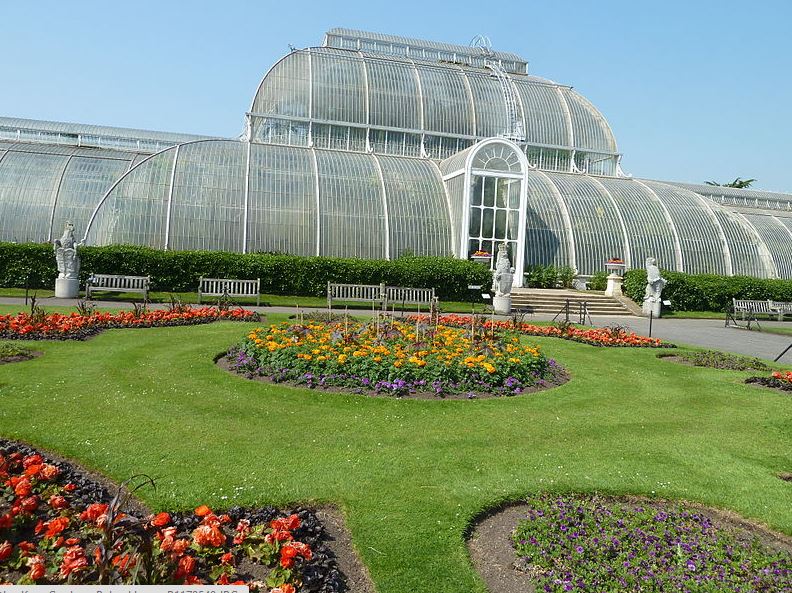Kew Gardens has been let down by the Government, due to cuts and interference, unlike the Natural History Museum, say MPs on the Science and Technology Committee. A £5 million black hole meant the Royal Botanic Gardens had to fire 100 employees, including 47 scientists.
In a New Report, the Science and Technology Committee (a select committee of the House of Commons) says the Government’s financial management of Kew Gardens is “a recipe for failure.”
Chair of the Committee, Andrew Miller MP (Labour), said that the Royal Botanic Gardens are unable to plan for the future with the current Government funding system, which is also undermining Kew’s capability to compete scientifically in global plant science.

For more than 2.5 centuries, Kew Gardens has led the world in botanical research.
Mr. Miller said:
“Recent financial problems have led to over a hundred people losing their jobs, 47 of which were scientists, and fears being raised over the ability of Kew to sustain its world class botanical and mycological science.”
“While the management is criticised for failing to produce a strategy (eventually published on 23 February) ahead of making changes and introducing redundancies the Committee has confidence in the management to carry out its plan to ensure the future of both Kew and its scientific mission.”
“Indeed, the report blames the pace of change on the difficult situation created by the restricted and stop/start nature of funding from the Government.”
Kew has no freedom
The Committee was very critical of the way the Government micro-manages Kew’s finances, insisting it gives the botanical research and education institution the same financial freedom enjoyed by similar British scientific institutions.
The Natural History Museum, which “is thriving”, has far fewer Government budget restrictions. It is now time the Government made sure there was a greater parity in treatment between these institutions, the MPs urged.

Kew Gardens should have the same freedom as the Natural History Museum, says Mr. Miller.
Too little of Kew’s funding is unrestricted, the MPs pointed out. Ninety-six percent of the Natural History Museum’s budget is unrestricted, meaning it has the freedom to choose how to spend its money.
In Kew Gardens’ case, Defra (Department for Environment Food & Rural Affairs) takes too many decisions that should be taken by the institution’s management.
The Committee wrote:
“The forthcoming Triennial review of Kew provides an opportunity to consider whether there should be more consistency of treatment between Natural History Museum and Kew according to the MPs.”
Amenity concern
The Report expressed concern about public access to Kew Gardens. Entry used to be free, then it started imposing a one penny admission charge, which in 1983 rose to 15p. Today it costs ₤15 to get in, which is 100 times more than in 1983.
The Report stated:
“The proceeds of charging for entry help fund the maintenance of the Gardens as a public amenity as well as supporting the scientific programme. Charges, however, put off sections of society who might choose, instead, to attend the Natural History Museum which has no such entry fee.”
Members of the Science and Technology Committee include:
Chair: Andrew Miller (Labour, Ellesmere Port and Neston), Pamela Nash (Labour, Airdrie and Shotts), Dan Byles (Conservative, North Warwickshire), Jim Dowd (Labour, Lewisham West and Penge), Mr David Heath (Liberal Democrat, Somerton and Frome), David Tredinnick (Conservative, Bosworth), Graham Stringer (Labour, Blackley and Broughton), Stephen Metcalfe (Conservative, South Basildon and East Thurrock), Stephen Mosley (Conservative, City of Chester) and Sarah Newton (Conservative, Truro and Falmouth).

